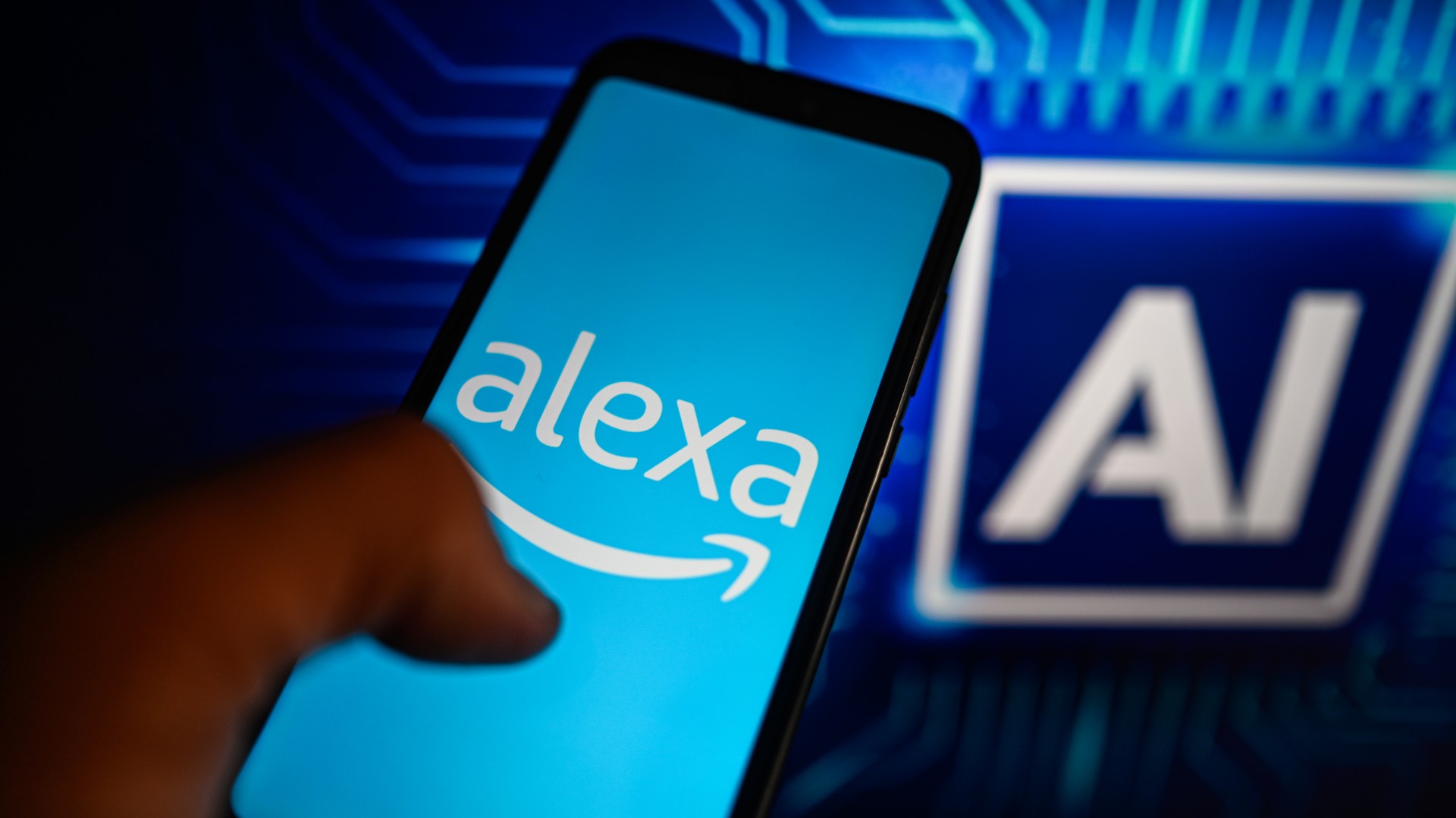Last year, a leak revealed Amazon was working on a revamped version of its virtual assistant, Alexa, codenamed “Remarkable Alexa” or “Project Banyan.” The leak further revealed that the improved tool could create AI-generated news summaries while helping people handle a wide array of tasks using AI.
While the leak narrowed down the revamped Alexa launch date to October 2024 with a $10 monthly subscription fee, Amazon failed to hold up its end of the bargain. Several reports indicated that Amazon had pushed the launch of the product timeline to this year, but as it now seems, we might have to wait a bit longer for the AI-powered tool to ship.
According to The Financial Times, Amazon is encountering “several technical hurdles,” including hallucinations, seemingly preventing it from shipping the revamped Alexa to broad availability.
In the early Bing Chat Copilot and ChatGPT days, Microsoft and OpenAI received backlash after the AI tools generated inaccurate or outrightly wrong responses to queries. The frenzy prompted Microsoft to take drastic measures, including character limits, to reduce instances of the AI tool generating wrong responses.
While speaking to The Financial Times, Amazon’s artificial general intelligence (AGI) lead Rohit Prasad indicated that the revamped Alexa’s hallucinations have to be close to zero. The lead attributed the product’s launch delay to users leveraging its sophisticated AI capabilities throughout the day. As such, the tool has a high propensity to generate false information.
Prasad admits AI hallucination is a major issue impacting the progression of companies in the landscape. However, the executive claims Amazon is working on resolving the problem. Aside from the hallucination episodes, Amazon plans to enhance Alexa’s response speed to deliver a smooth user experience.
The executive admits the process is a huge undertaking:
“Sometimes we underestimate how many services are integrated into Alexa, and it’s a massive number. These applications get billions of requests a week, so when you’re trying to make reliable actions happen at speed… you have to be able to do it in a very cost-effective way.”
Elsewhere, while millions of households have smart devices powered by Alexa, Amazon isn’t necessarily racking up profits from this business. An internal document from the company obtained last year revealed Amazon lost over $25 billion in its device business between 2017 and 2021. The losses cut across its Echo devices and other products, including Kindles, Fire TV Sticks, and video doorbells.
Amazon CEO Andy Jassy’s potential plans to introduce a paid tier of Alexa last year didn’t inspire confidence among the engineers working on the project, as they didn’t believe it’d be enough to save Amazon’s sinking device business.





